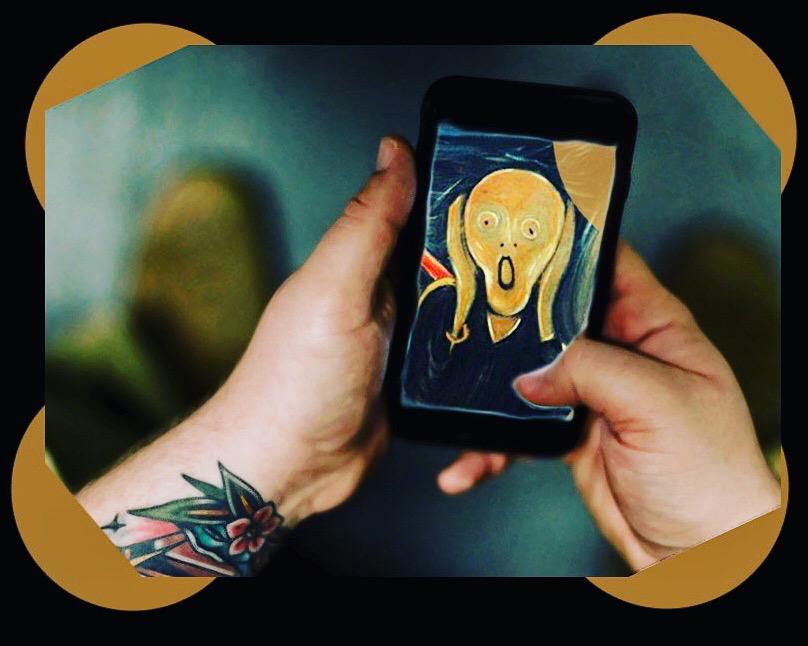When a sensational headline shocks you, provokes sudden anxiety, you’re less likely to read carefully and discern between the content of the piece and what you know to be true in real life. In fact, you might not read the piece at all, just share as fast as possible to warn others of such urgent matters.
Journalists have dedicated their lives to finding ways to capture the attention of the reader while ensuring a reputation of reliability and truthfulness. Sometimes, though, to capture attention, we tell the truth in ways that provoke very specific emotions. For example, straight forward information about someone passing away can be presented in a way to spark the anxiety-inducing thought: “you can very easily die any moment”.
Unfortunately, handling our emotions is harder than finding sources for what we read. And even when you find the sources, it’s hard to know what to do with that information. Let’s suppose I read a headline about how a young and healthy woman died waiting for coronavirus test results. “Well, I am a young and healthy woman, am I gonna die from this virus too before I even know I have it?!” is the initial response. Pause there.
Sure, we are concerned for safety, taking precautions by not leaving the house and stepping up the hygiene game. The already existing fear that all of this might not be enough speaks louder than the information passed on to me by that headline.
1- Does it say what she died of? Do we know that information yet? 2- What’s the source? Is it paparazzi/tabloid journalism disseminated by an opportunistic media mogul? 3- Are you gonna open the link and read it carefully?
This 3-step process needs to happen after the initial shock is managed. So, don’t take any actions in the “we are all gonna die” mental state. It turns out she didn’t have COVID-19, and the cause of death is still under investigation.
The other day I cried watching a video of a fight involving homeless people and someone with a gun. I was already thinking about how alarming this situation is for the portion of the population that is living on the streets. Once a week, our collective sends money to groups that are distributing food, and we are constantly checking on each other to make sure no one is going hungry. So, when I saw that video, my worst fears seemed to have materialized. Desolate, desperate people will be exterminated in the shadows of empty streets — not making headlines. I sobbed.
It turns out the video was of a fight between people who knew each other, some drug/militia related thing. Still messed up, but it’s the kind of thing that has been happening way before this pandemic, like our collective feeding people for the past 7 years.
Now, the skepticism sinks in. ‘All business to close for 2 months, stock up!’ Really? Even grocery stores and pharmacies? Not buying it. ‘A man dies after ingesting medicine!’ Was it really “medicine”? Did it come in these safe-looking pill packs from the picture? I don’t think so.
Let’s bet on the veracity of information we can confirm from people in our communities; People we can talk to, and help out in the safe ways we can. Filter out the constant flow of information from people who are still panic-sharing, and focus.
Alarmist and disingenuous statements are becoming as dangerous as this virus, and too many people have too much time on their hands to scroll through an endless pit of despair and mockery online. May this piece be just one more to sink in it.
_____________
Text: Mirna Wabi-Sabi
